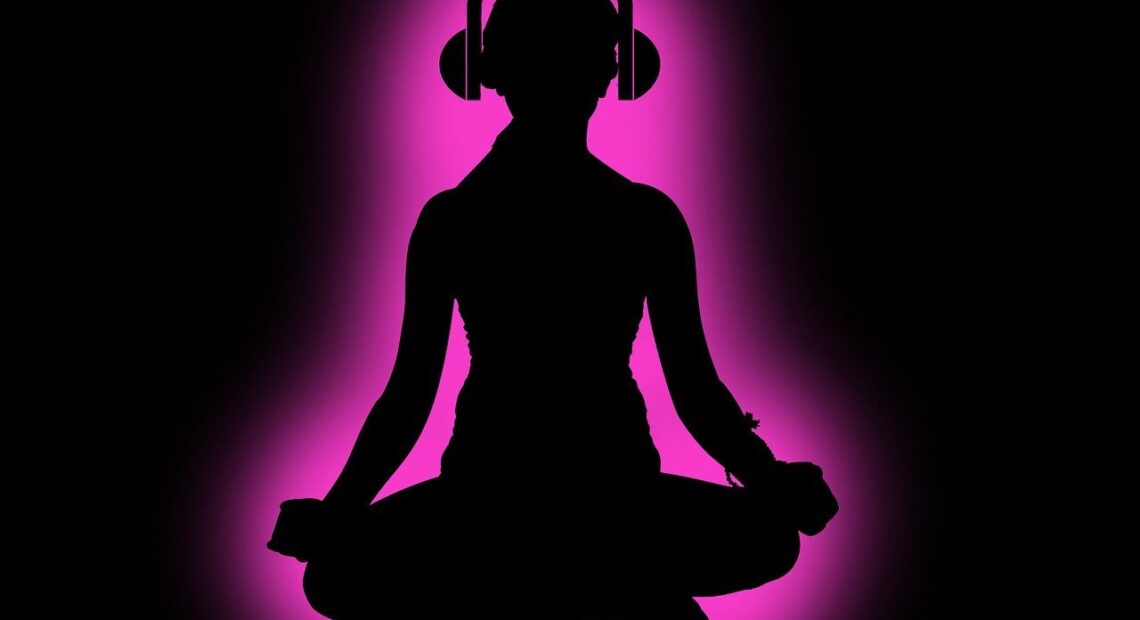Exploring the Power of Music: How it Shapes Our Emotional Connection to Entertainment

Music has the remarkable ability to evoke emotions, transport us to different times and places, and enhance our overall experience of entertainment. Whether it’s a movie, TV show, video game, or live performance, the right music can make all the difference in how we connect with and remember these experiences. In this blog, we will delve into the power of music and how it shapes our emotional connection to entertainment.
- Setting the Mood: From the opening notes of a film or TV show to the background score during crucial scenes, music plays a vital role in setting the mood. It can create suspense, tension, joy, or sadness, effectively amplifying the emotions conveyed through the visual elements. Consider how the eerie music in a horror movie intensifies the fear factor, or how a triumphant musical score during a heroic moment elevates our excitement and engagement.
- Emotional Resonance: Music has an uncanny ability to tap into our emotions, often bypassing rational thought and speaking directly to our hearts. Certain melodies, harmonies, or even lyrics can trigger a deep emotional response, triggering nostalgia, joy, melancholy, or a myriad of other feelings. For example, hearing a familiar song from our childhood can transport us back in time, evoking a flood of memories and emotions associated with that period.
- Character Development: In visual storytelling mediums like movies and TV shows, music is a powerful tool for character development. Different characters can have their own musical motifs or themes that reflect their personality traits, desires, or struggles. These recurring musical cues help us form a stronger connection with the characters and deepen our understanding of their journey.
- Enhancing Narrative Moments: Music can elevate key narrative moments, making them more memorable and impactful. Think about the climactic scenes in your favorite movies or TV shows. Often, it’s the combination of the visual storytelling and the accompanying music that creates a truly unforgettable experience. A well-placed song or a precisely timed orchestral score can turn an ordinary scene into an extraordinary one.
- Cultural and Genre Signifiers: Music also plays a role in establishing cultural and genre signifiers within entertainment. For instance, specific musical styles or instruments can help create a sense of time and place, transporting the audience to different eras or locations. Similarly, in video games, music can reinforce the atmosphere and evoke the desired emotions associated with different game genres, such as the adrenaline-pumping rhythms of action games or the soothing melodies of puzzle games.
The power of music in shaping our emotional connection to entertainment cannot be overstated. It has the ability to set the mood, evoke emotions, deepen our understanding of characters, enhance narrative moments, and provide cultural and genre signifiers. Whether consciously or subconsciously, music influences how we perceive and engage with various forms of entertainment. So, the next time you watch a movie, play a video game, or attend a live performance, take a moment to appreciate the intricate role music plays in enhancing your emotional experience.
Picture Courtesy: Google/images are subject to copyright








